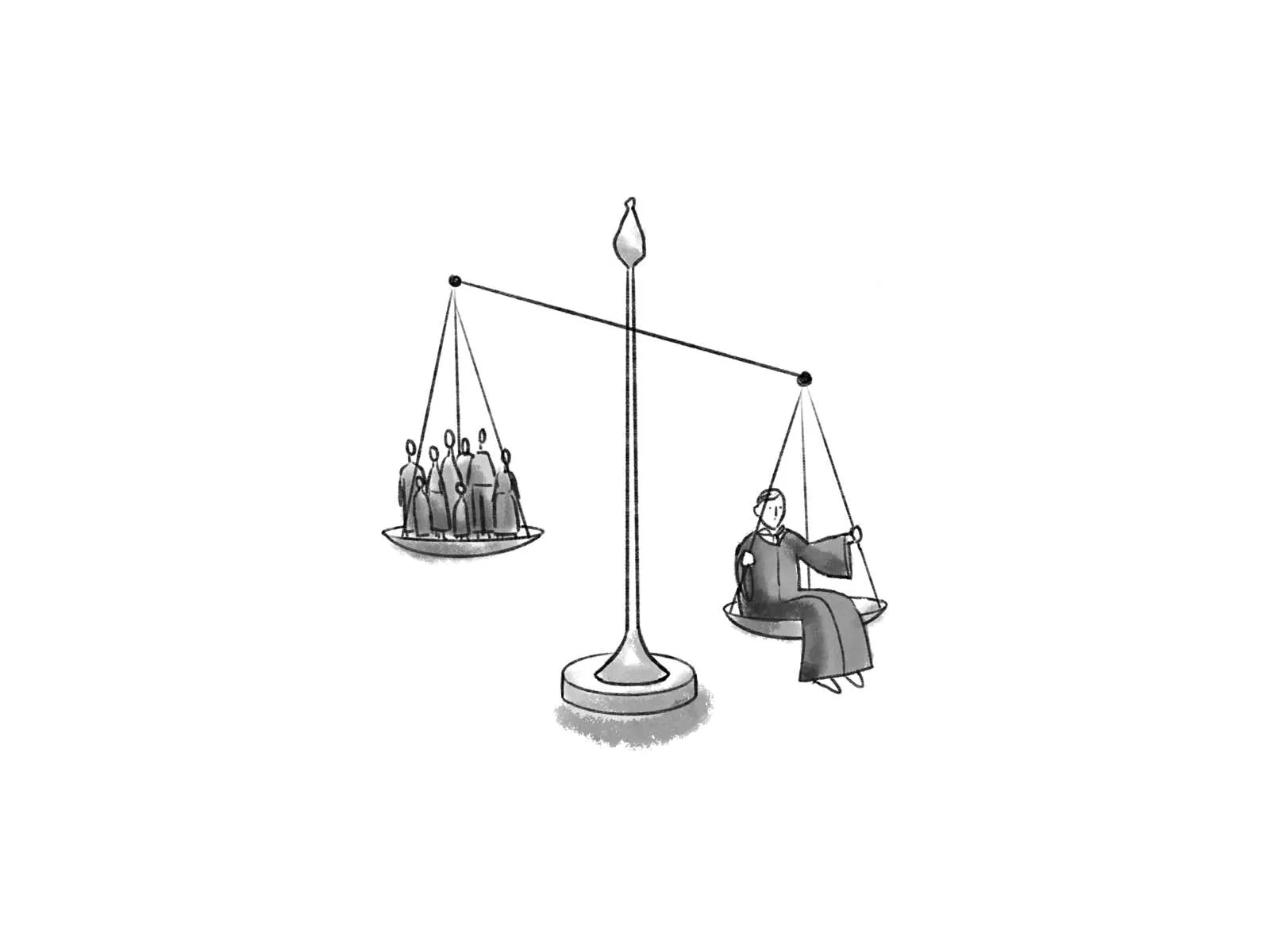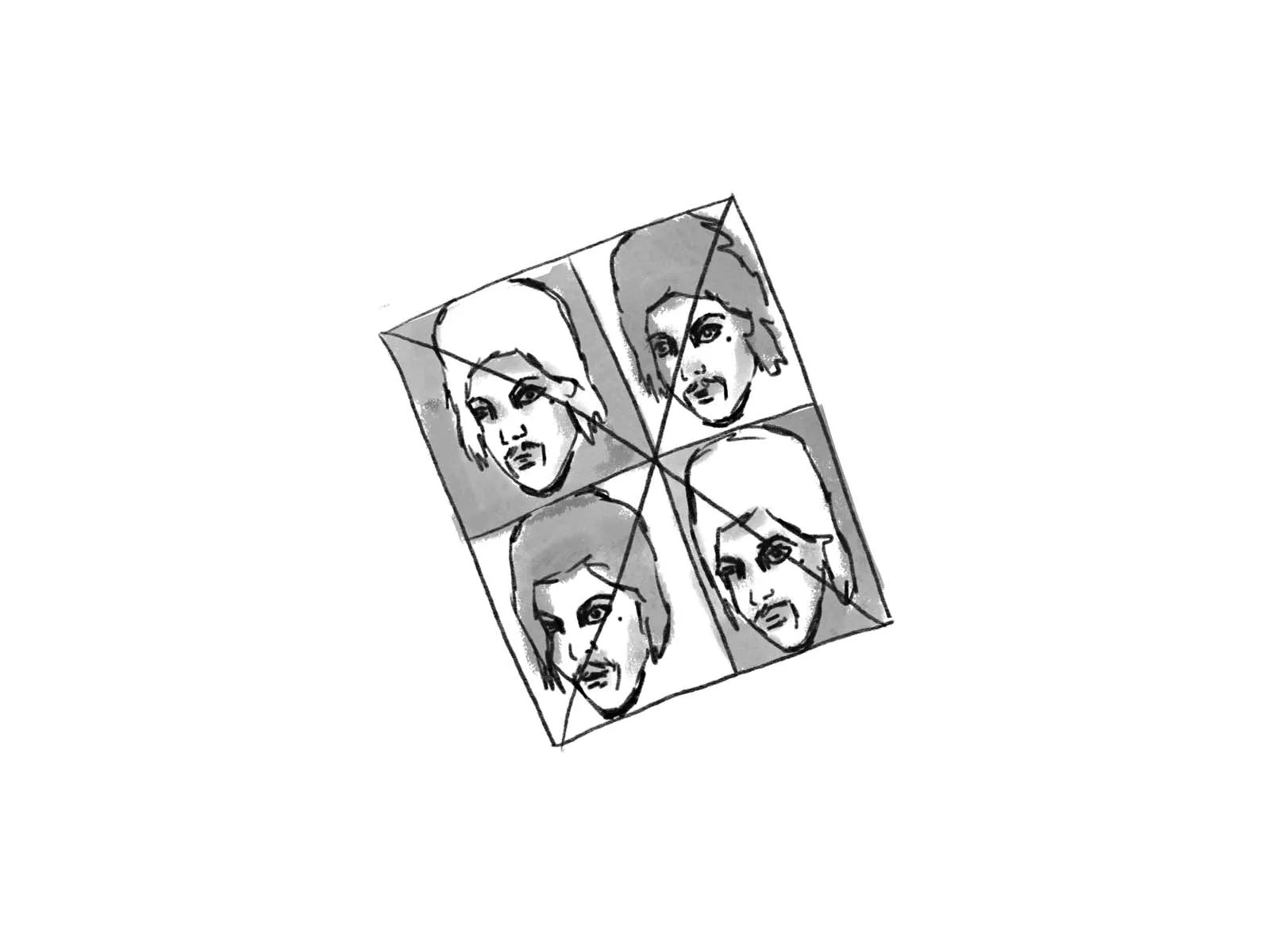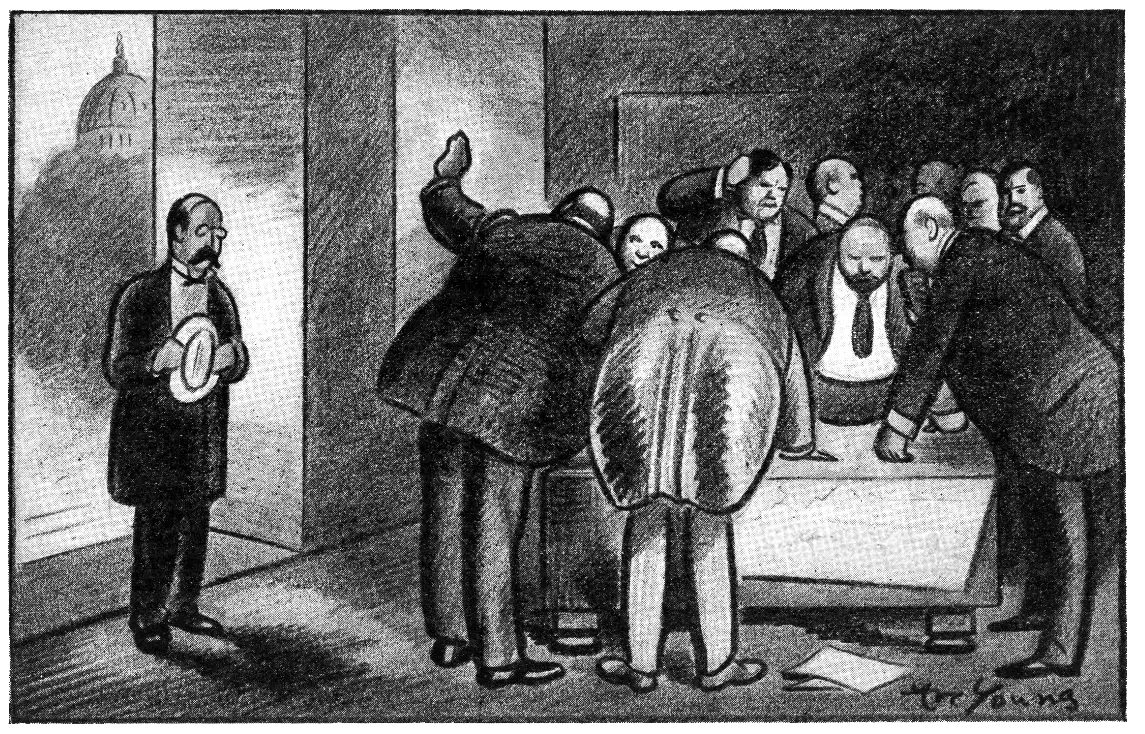Latest
November 8, 2023
The Temptation to Speculate
Alexandra Brodsky
I have a degree in psychoanalyzing Anthony Kennedy. When I was a law student, he was still the swing vote on major social issues, and therefore a topic of disproportionate interest around the school. And his opinions were, to put it technically, heavy on vibes. Behind the legal reasoning lay a worldview, a set of commitments somewhere between the ethical and the aesthetic, that I found harder to pin down...
November 8, 2023
A Judicial Rorschach Test
Duncan Hosie
June 30 was a busy day at the Supreme Court. Its conservative supermajority struck down the Biden administration’s student loan cancellation initiative and sided with a for-profit business that claimed a constitutional right to discriminate against same-sex couples seeking wedding services. (All this just one day after gutting affirmative action in college admissions.) These blockbuster opinions reflected the unapologetic ambition that has dominated the high court since the death of...
November 8, 2023
An Obsolescence Problem
Aziz Huq
The Supreme Court is a tool for holding government within the law. The problem is it doesn’t work especially well anymore. Like spats, the horse-drawn carriage, and the Blackberry, the Court has an obsolescence problem. Consider the Court’s painfully evident incapacity to address new technologies of state power that don’t conform to traditional templates. Once, the right to vote was defeated by literacy tests, grandfather clauses, and poll taxes. Today,...
November 8, 2023
Hands Tied Behind Our Backs
Diana Reddy
In a moment of increasing popular outrage about the most conservative Supreme Court in modern American history, labor cases rarely take center stage. To be sure, America’s left-liberal political coalition pays more attention to these cases, and to labor unions generally, than it would have twenty years ago. But even today, labor’s supporters still have trouble naming all that’s at stake when the Court subverts labor law. Legal attacks on...
November 8, 2023
Depravity Be Damned
Rhiannon Hamam
The first legal document on which I ever signed my name as a licensed attorney was a writ of habeas corpus for a man who had been in jail for six months without ever appearing before a judge, without ever being legally charged with a crime, and without ever speaking to an attorney. I had learned about the Sixth Amendment in law school; in multiple classes I had read Supreme...
November 8, 2023
A National Seminar
Aziz Rana
American constitutional politics has a terrible bottleneck problem. Virtually all meaningful debate and reform is funneled into the judiciary. Its dominance is often defended on the grounds that, as law professor and diplomat Eugene Rostow contended in the 1950s, the bench — with the Supreme Court at the top — oversees a “national seminar.” According to this view, the Court, through a reasoned and conscientious engagement with a broad range...
November 8, 2023
A Protean Test
Ben Sobel
Supreme Court justices from Brett Kavanaugh to Sonia Sotomayor are on the record venerating “judicial restraint.” In its most generic sense, the phrase refers to the principle that courts should avoid adjudicating questions inessential to the disputes before them. But restraint is one thing, and timorousness another. For all the complaints about an imperious Court, the flaw in one recent decision is its timidity. In 1984, Vanity Fair hired Andy...
November 8, 2023
Liberal Ranting
Samuel Moyn
As the Supreme Court’s reputation among liberals has plummeted in recent years, the most common response has been ranting. Liberal ranting is defined by its more or less open desire to get the Court back for liberals, without diminishing its potency. For that reason, liberal ranting ignores or opposes proposals to disempower the Court — at most endorsing important but minor sorts of reform such as term limits for the...
November 8, 2023
A Racist Cause-and-Effect Story
Andy Liu
I remember hearing in high school that I needed to score about 200 points higher on my SATs than an otherwise equivalent white student for an equal shot at college admissions. I don’t recall my reaction at the time, but it wasn’t anger. Most likely, I felt teenage self-loathing over how nerdy the statistic implied Asians were. The memory came back to me a few years ago, when Students for...
November 8, 2023
Editors’ Note | Corrupt Organizations
The Editors
In our last issue, Piper French took aim at a statute that, she warned, was ballooning out of control. Debuted in the ’70s to curtail the Mafia, RICO (Racketeer Influenced and Corrupt Organizations Act) enabled prosecutors to go after Mob bosses for crimes carried out by their underlings. Decades later, it’s now being deployed against targets as disparate as rappers and schoolteachers, on alarmingly shaky grounds. Since we published that...











